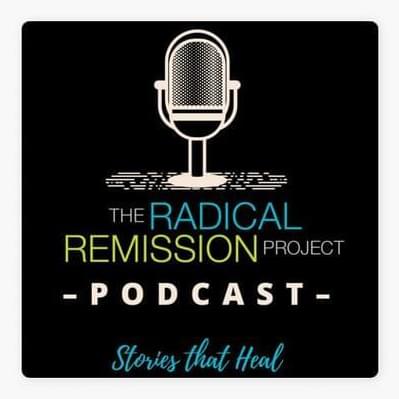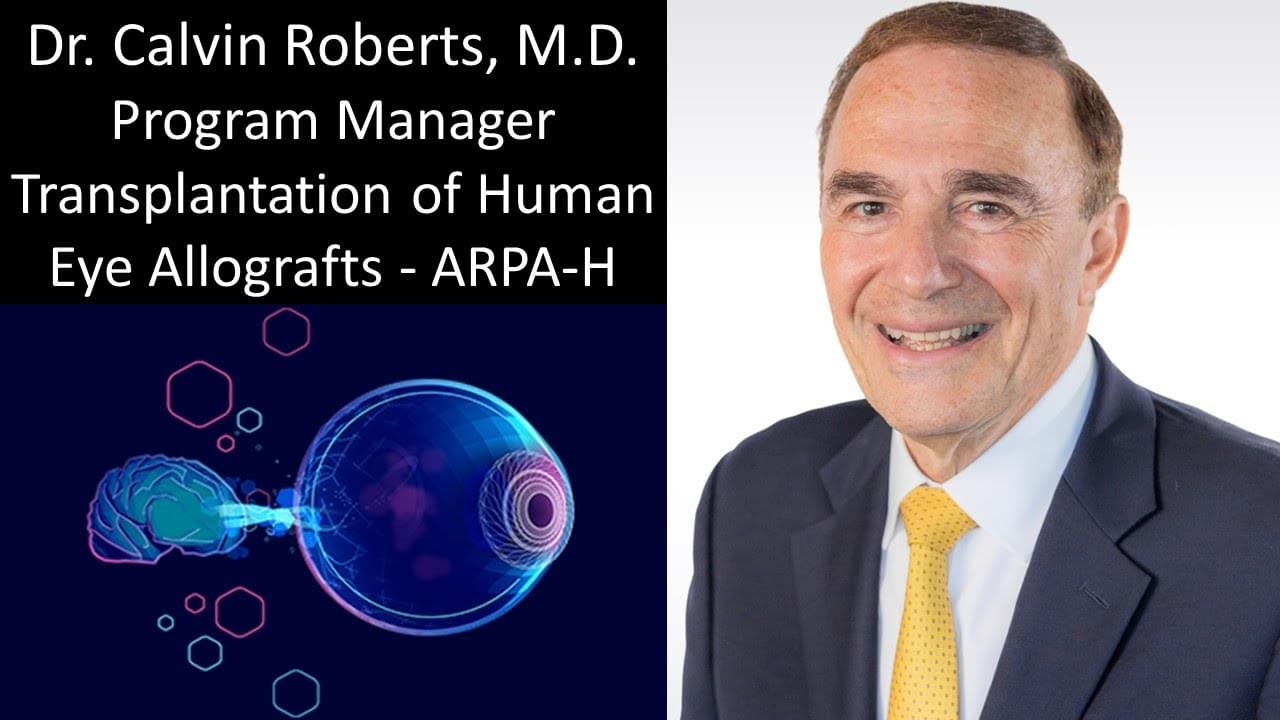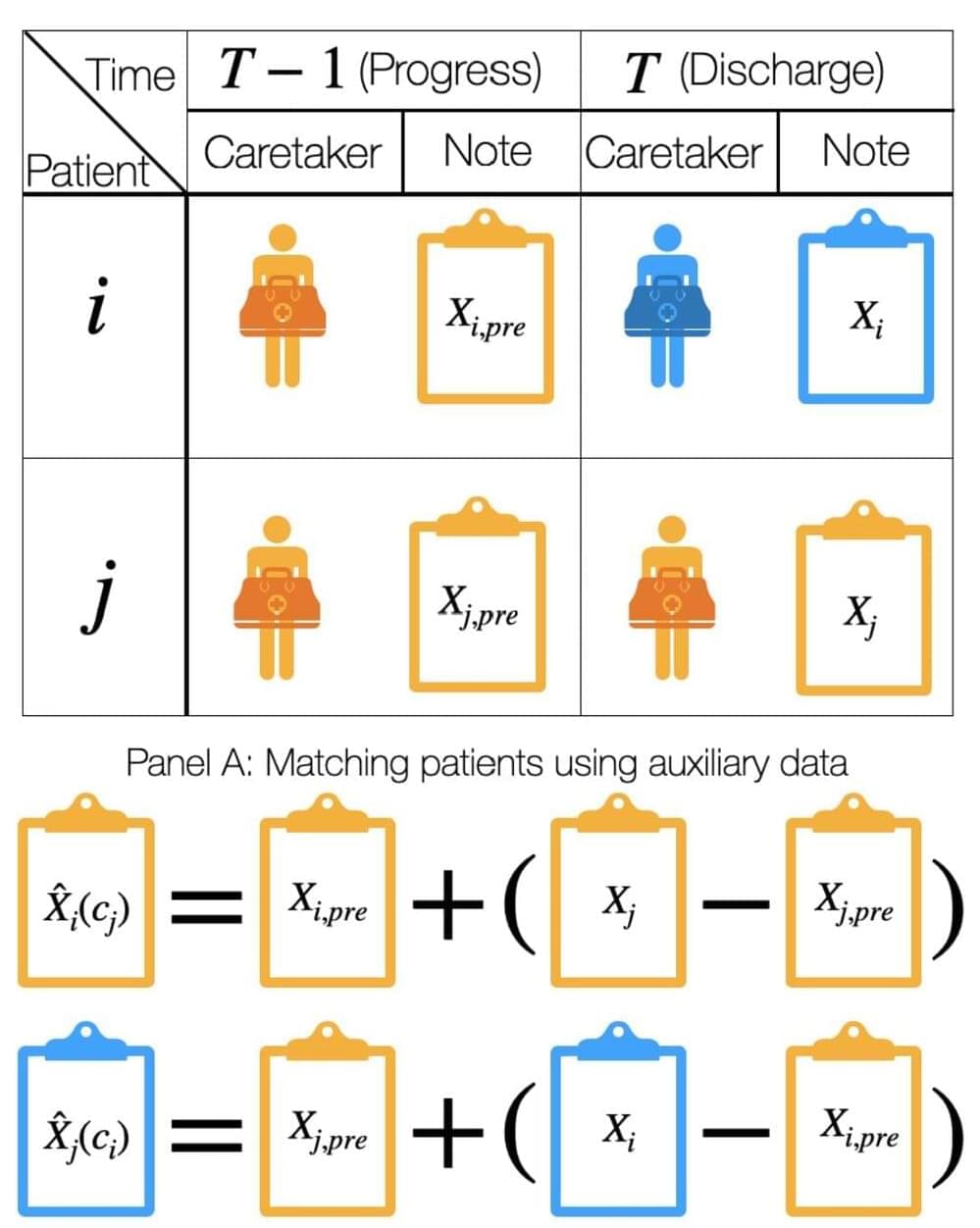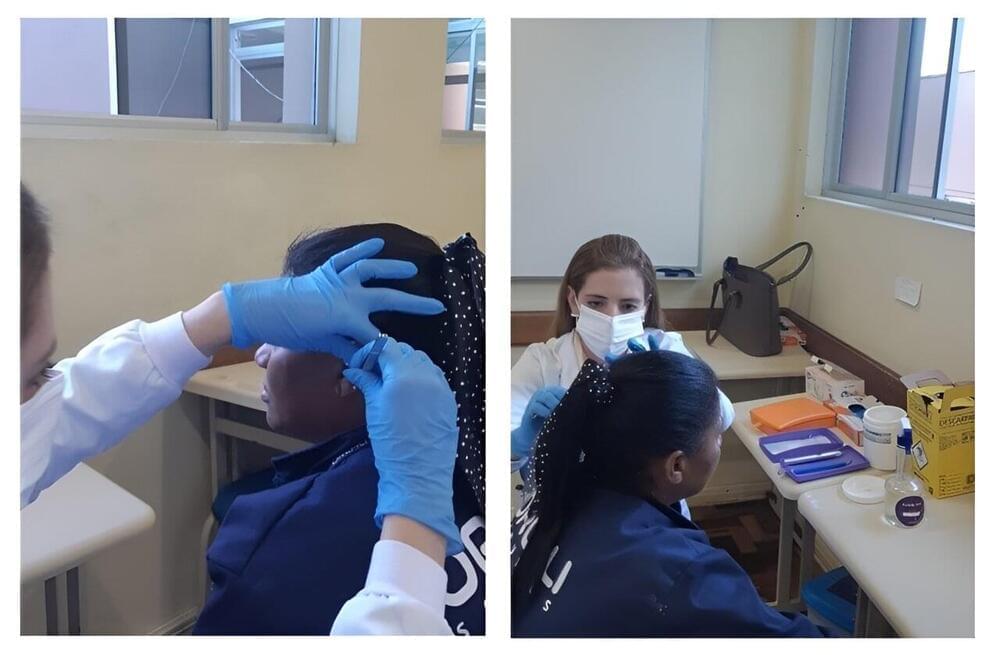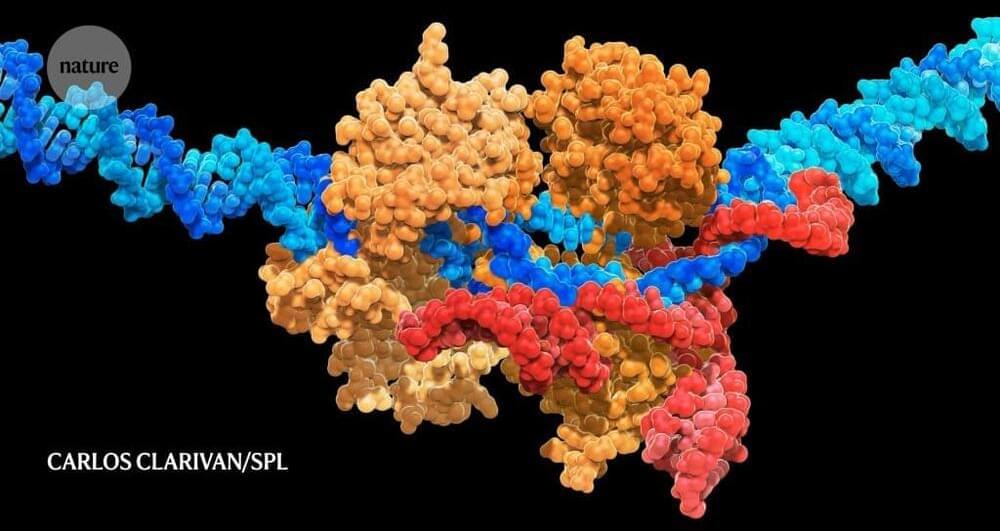Mar 9, 2024
Study shows Glucagon is Key for Kidney Health
Posted by Dan Breeden in categories: biotech/medical, health
Study shows #Glucagon is #Key for #Kidney #Health.
When researchers removed receptors for this hormone (best known for promoting blood sugar production in the liver) from mouse kidneys, the animals developed symptoms akin to chronic kidney disease…
Glucagon, a hormone best known for promoting blood sugar production in the liver, also appears to play a key role in maintaining kidney health. When UT Southwestern Medical Center researchers removed receptors for this hormone from mouse kidneys, the animals developed symptoms akin to chronic kidney disease (CKD).
Continue reading “Study shows Glucagon is Key for Kidney Health” »

